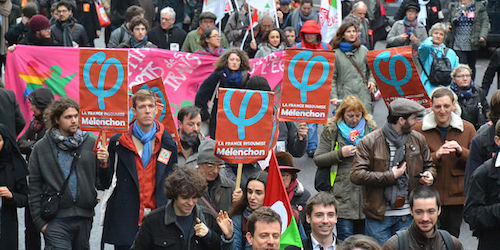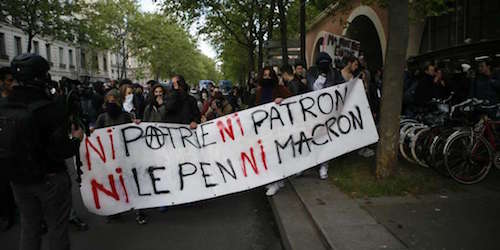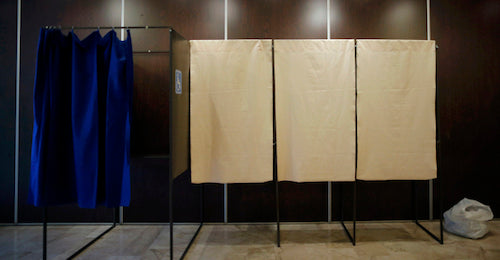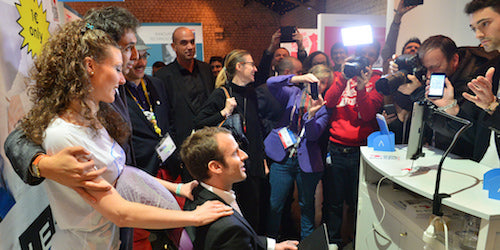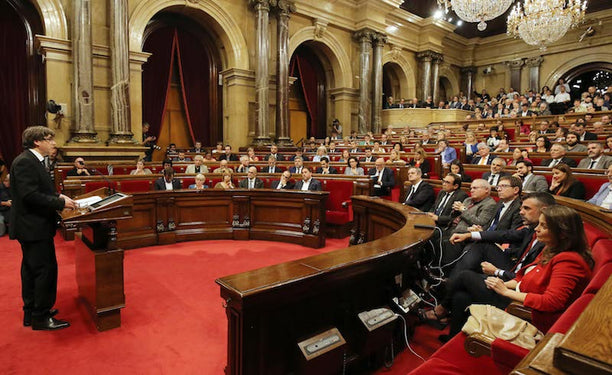
Barrage to Catalonia
The 1 October referendum and its aftermath has exposed the extent of the democratic crisis in Spain — and Europe generally — rather than provided an answer to it.

The 1 October referendum and its aftermath has exposed the extent of the democratic crisis in Spain — and Europe generally — rather than provided an answer to it.

“Black women will save us!” has become a kind of liberal refrain following the presidential election (where 94% of Black women voters supported Clinton) and the emergence of Maxine Waters and Kamala Harris as congressional gadflies.
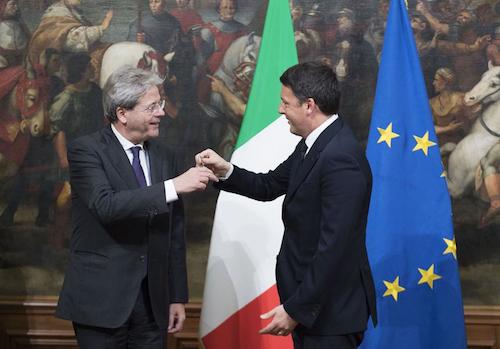
Youth grievance was a major part of the 59 per cent vote that forced the resignation of Italy's former Prime Minister Matteo Renzi in December 2016. Crankish remarks by the Democratic Party’s labour minister about young people leaving the country reflect the often gerontocratic codes of Italian public life, but they also drew political debate back onto one of the country’s defining social ills.

If we can place any reasonable hope in the Macron presidency, it is that everything is going to become very, very obvious. Which is to say, odious like never before.


In any case, what sticks out amidst this mass vote is a feeling of absurdity. The absurdity of a mechanism that brings to power a man we know nothing about, and who has grounded his success precisely in his capacity to say nothing (the back cover of his book Révolution has not one line of text, but just a full page photo of Macron himself). The absurdity of a system that gives a crushing majority to such a man, in order to avoid a danger that is largely imaginary. Most of all, the absurdity of a focus on elections that we all feel have nothing to do with our lives, and which we all feel are playing out on a sort of flying carpet, above our heads.
